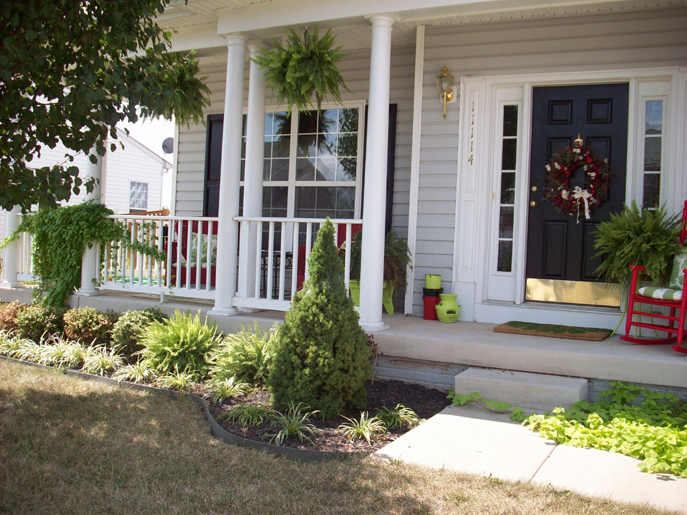When buying your first home you probably have a lot of questions. Will I be able to get a loan? How much of a house can I afford? How much will my payments be? Don’t be intimidated — let us help you make it less stressful, so that you are comfortable with the whole process from beginning to end.
I can help you figure out what maximum mortgage amount you can be approved for. If you think your credit is good, there is no need to check your credit at this stage. All I need to know is you annual income, your down payment amount and current liabilities (credit card balances, loans, car payments, etc.). At this stage I could also let you know of any potential problem that may currently prevent you from getting approved. Some of my potential clients may not be ready yet to get approved for a mortgage. If this is the case, I will give you advice what needs to be done to make their dreams of owning a home a reality. I also do not believe in pushy sales tactics! This is simply not how I do business.
If everything looks good and you are ready to start looking for a property, this is when I advise to do a credit check and take full application to submit it to the bank for a rate hold. Most banks will guarantee a rate for you for up to 120 days.
At this point I also provide my clients with a list of documents we will need to start collecting to support the mortgage application. Though the bank will be asking for this document after you make an offer to purchase a property, I highly recommend to collect these documents in advance. Purchasing a property is a very exciting process and also can be very stressful if not prepared. Collecting all the documents in advance minimizes the stress!
Typically these are the documents I ask to prepare:
1. For employed individuals :
- An Employment Letter stating start date, position, and compensation details (base salary or if hourly rate per hour and how many hours per week).
- A Recent pay stub.
These are the standard documents, however very rarely, the bank might also ask for additional documents like your T4.
2. Self-employed individuals typically provide:
- T1 Generals for the last 2 years
- Notice of Assessment for the last 2 years. 3. For the down payment confirmation– three months of bank statements for the account the down payment is coming from. If the funds are coming from multiple accounts, I will need three last statements for each of these accounts
3. For the down payment:
3 months of bank statements for the account the down payment is coming from. If the funds are coming from multiple accounts, I will need three last statements for each of these accounts.
These are the most requested documents. There could be other documents required based on your specific situation and I always let my clients know in advance what they will need to prepare so that it is not a surprise down the road.
When my clients find a property they like and want to make an offer to the sellers, being pre-approved helps tremendously in the negotiation process because it tells the sellers that the buyers are serious about buying and they did their financial homework and are obviously capable of getting a mortgage. This is especially helpful when there are two or more buyers interested to purchase the same property. The sellers will definitely choose the offer from a buyer who got pre-approved for a mortgage.
Another point is, after the offer gets accepted, sellers typically give us 5 business days to get financing done and if I already have the mortgage application completed and input in my computer system and the client knows what documents he/she will need to provide to the bank and maybe already has collected those docs and given them to me, we will definitely be done within the 5 days.
Interesting Canadian Mortgage Market Statistics
Mortgage Origination Sources
45% of mortgage were obtained from a Canadian bank in 2015
42% of mortgages were obtained from a mortgage broker in 2015
13% of mortgage were obtained from another source in 2015 or event.
Canadian Most Popular Mortgage Types
Over 95 per cent of all mortgages in Canada have a rate fixed (or guaranteed) for a term between 6 months to 5 years. 5 year term with a fixed rate is the most popular choice. Approximately one-third of outstanding mortgages in Canada have a variable (fluctuating) interest rate.
Canadian Mortgage Lenders
The Canadian residential mortgage market is dominated by banks which combined hold about 75 per cent of all mortgages. 5 major banks account for about 65 per cent of the total market. Other holders of mortgage assets include trusts, credit unions, life insurance companies, pension funds etc.
The rate and the monthly payments are fixed for the term of the mortgage which can range from 1, 2, 3, 4, 5, 6, 7 or 10 yr term. 5 yr term seems to be the most popular choice.
Also knows as Adjustable Rate Mortgage or ARM. Typical term is 3 or 5 years. Adjustable rate fluctuates with Prime rate, so your interest rate and payments can fluctuate during the term. ARM has the lowest penalty for paying out the mortgage in full before them term is up or typically 3 months interest.
Combination rate Mortgages combine fixed and variable interest rates.
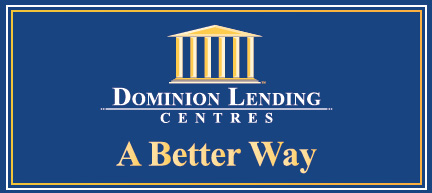
 Mortgage Step-by-step
Mortgage Step-by-step Required Documents
Required Documents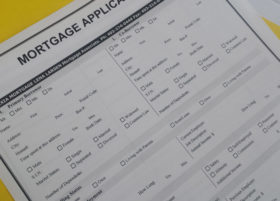 Apply for a Mortgage
Apply for a Mortgage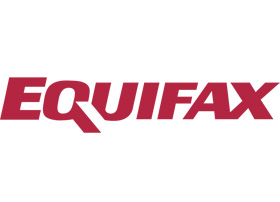 Understanding Your Credit
Understanding Your Credit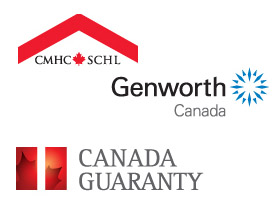 Canadian Mortgage Insurers
Canadian Mortgage Insurers